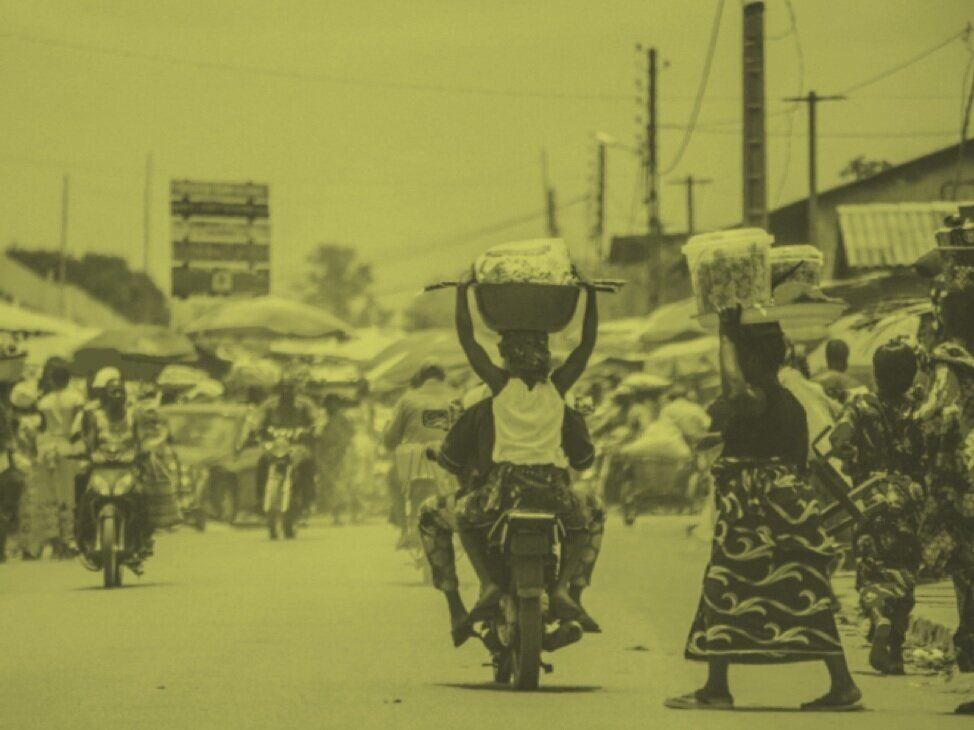During the first quarter of 2020, both Boko Haram and ISWAP maintained a tempo of operations which demonstrated continued resilience and capability in spite of the efforts of the armed forces of Niger, Chad, Cameroon and Nigeria.
On 24th March the northern affiliation to Boko Haram, led by Ibrahim Bakura, killed 92 Chadian troops in a seven-hour attack on a military base on the Bohoma peninsula on Lake Chad.
On the same day, Nigerian forces suffered an equally damaging loss, with between 50 and 75 troops killed in an ISWAP ambush in western Borno near Gorigi in Kaga LGA.
In this same period, the rapid spread of Covid-19 had seen Chad and Cameroon close their airports on 19th March with Nigeria following suit on 23rd March.
During April, both Chad and Nigeria reacted to the military reverses. In Chad, President Idriss Déby personally led a counter-attack over the period 1-10 April during which they reportedly killed ‘dozens’ of insurgents. On 11 April the Nigerian Chief of Army Staff, General Buratai, announced that he had relocated to the North East to personally lead the final destruction of Boko Haram/ISWAP.
During April, the military pressures on Boko Haram and ISWAP appear to have forced a geographical switch of operations, with ISWAP attacks occurring more regularly along the Yobe/Borno border and less so around Lake Chad. Likewise, Boko Haram appears to have retrenched into the Gwoza-Mandera mountain range. At the same time there have been recurring rumours of peace talks, hinting that the Boko Haram leader, Abubakar Shekau, is seeking a negotiated surrender.
Whilst accepting that the ‘fog of war’ could mean the above sitrep might be some way from the truth, there is clear evidence that the insurgents are under considerable pressure from kinetic operations. At the same time, the looming spectre of Covid-19 is suddenly bigger than the politics, business interests, corruption or conflicting ideologies presently fuelling this long conflict. The insurgents are not immune to the alarming and often false reporting of modern media. At present, there is both significant psychological and situational pressure on insurgents to consider opting for the Nigerian Government’s rehabilitation programme.

